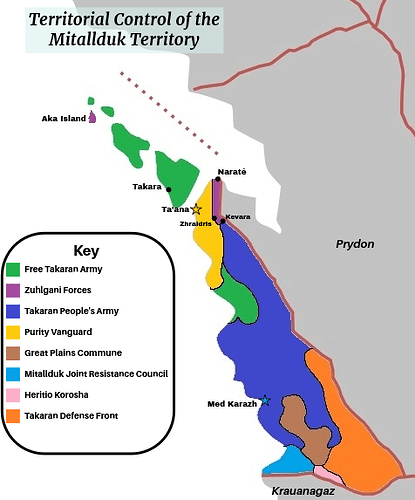Qaweritoyu
Statement from the Prime Minister on Drug Decriminalisation Legislation
The position laid out here is one I wholeheartedly respect. It reflects not only a clear moral compass but a pragmatic understanding of how justice, public health, and governance must evolve if they are to serve all the people—particularly those most often pushed to the margins.
Drug criminalisation has never protected communities. What it has done is punish poverty, exacerbate inequality, and entrench corruption—from the quiet immunity enjoyed by the wealthy to the global networks of organised crime that thrive on prohibition’s perverse incentives. When enforcement is uneven, when systems of punishment outpace systems of care, we are no longer speaking about justice. We are speaking about institutional harm.
The coalition government I lead—formed between the Modern Marxist Party and the Advanced Humanitarian League—was elected to challenge precisely these injustices. We committed to a politics grounded in compassion, evidence, and a refusal to mistake cruelty for strength.
Decriminalisation is not legalisation. It is a rebalancing of the system: a move away from the criminal code and towards the healthcare system. It means rehabilitation, not incarceration. Support, not stigma. And while organised crime will continue to face the full force of the law, those struggling with addiction will not be its collateral damage.
Let it be said clearly: this legislation is not soft on crime. It is hard on indifference. It is hard on the policies that let communities rot so long as the rot stayed out of sight. We will not return to a failed status quo. Our duty is not to uphold systems that punish pain, but to build systems that heal it.
We will move forward. Drug decriminalisation will remain the law of this land, because justice demands it, and the people—at last—expect it.
— Cynthia Erickson
Prime Minister
Statement from the Prime Minister of Qaweritoyu on the Lifting of the Internet Ban
Fellow citizens of Qaweritoyu,
After careful consideration, I am announcing today that the government will lift the national internet ban, effective immediately.
This decision was not made lightly. The original intent of the ban was to preserve social stability and protect our population from destabilising external influence during a particularly sensitive period in our national development. However, the time has come to adapt to a new reality — one in which openness, connectivity, and responsible digital engagement must guide our way forward.
There are three principal reasons for this change:
- Public Trust and Maturity
The people of Qaweritoyu have shown a remarkable degree of civic responsibility. It is clear that our society is ready to engage with the wider digital world in a thoughtful and constructive manner.
- Educational and Economic Growth
The internet is a powerful tool for learning, innovation, and trade. Keeping our nation offline places us at a disadvantage in global knowledge-sharing, technological advancement, and economic opportunity. Lifting the ban allows our students, entrepreneurs, and researchers to flourish on equal footing with the world.
- Transparency and Good Governance
As your Prime Minister, I believe that government must lead by example in building trust. By reconnecting our people to the global digital commons, we affirm our commitment to transparency, accountability, and the free exchange of ideas.
We will accompany this transition with robust digital literacy programs, clear laws to prevent online harm, and protections to ensure that the internet remains a tool for empowerment — not exploitation.
Let this be a moment of renewal and confidence. Qaweritoyu stands ready to meet the future, not in isolation, but in dialogue with the world.
Thank you.
Cynthia Erickson,
Prime Minister
